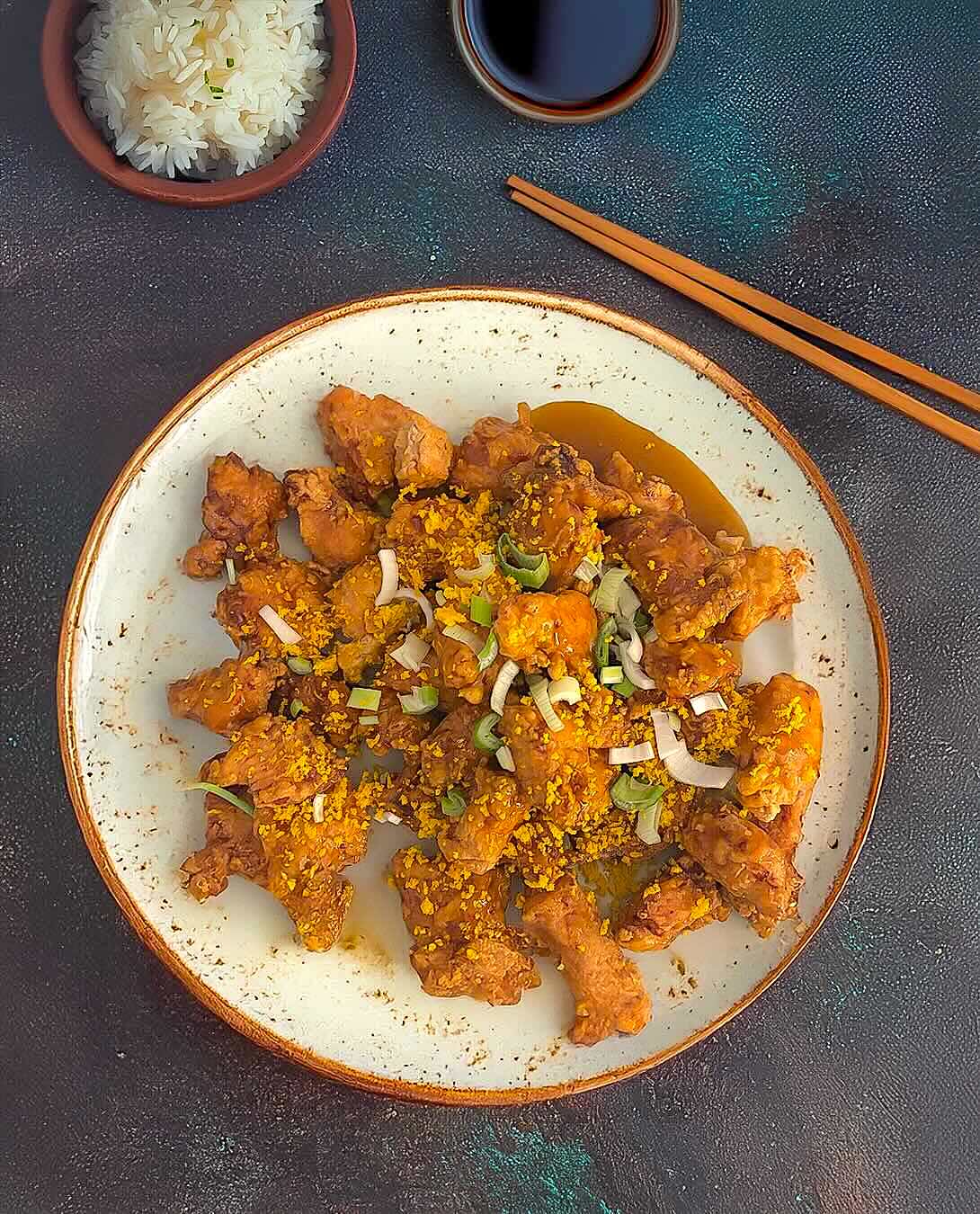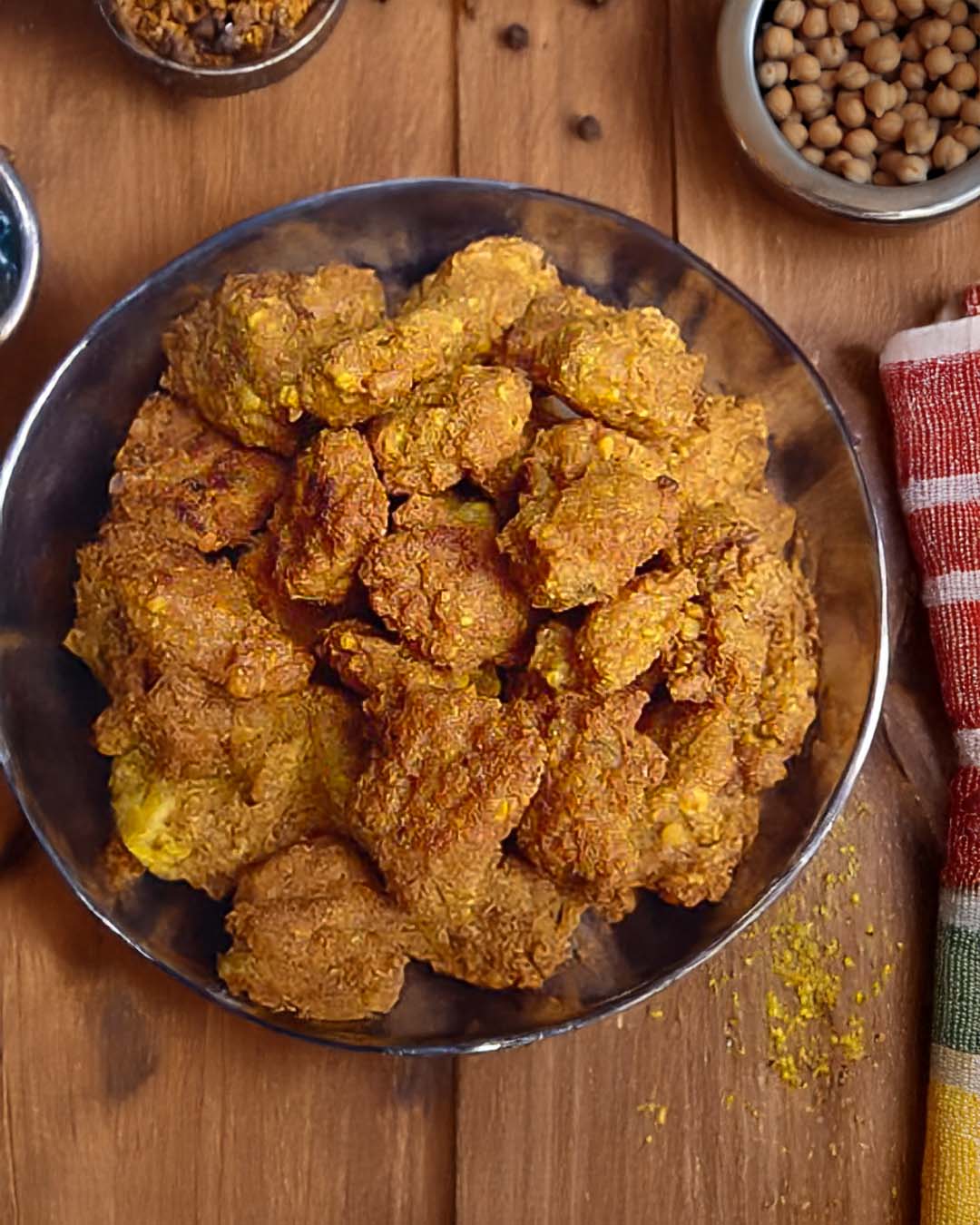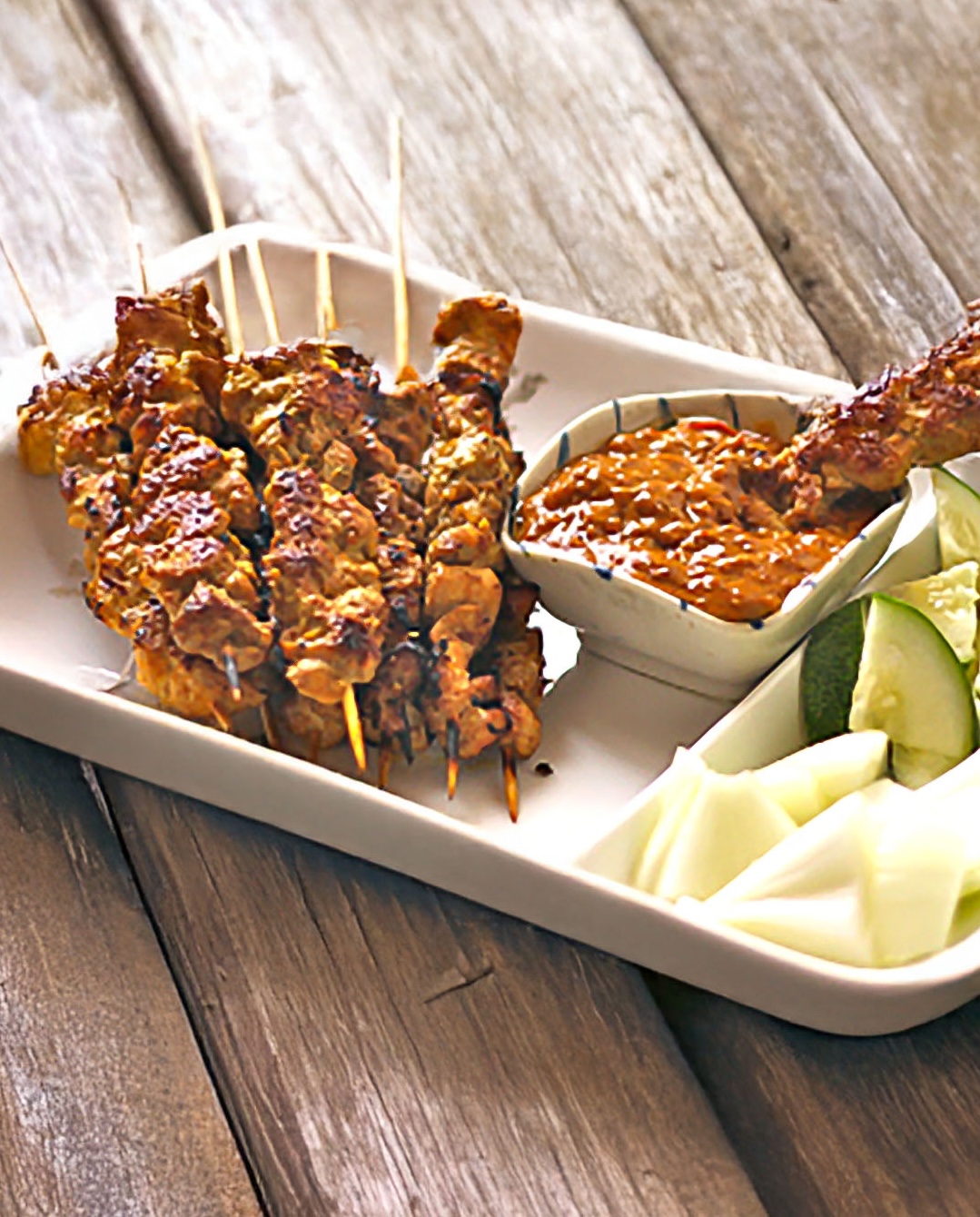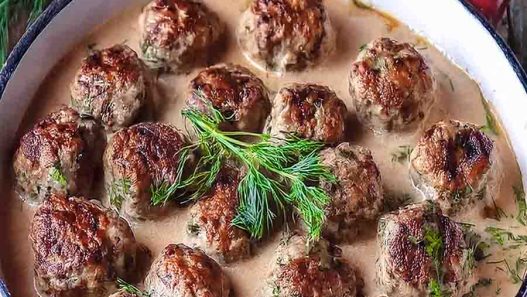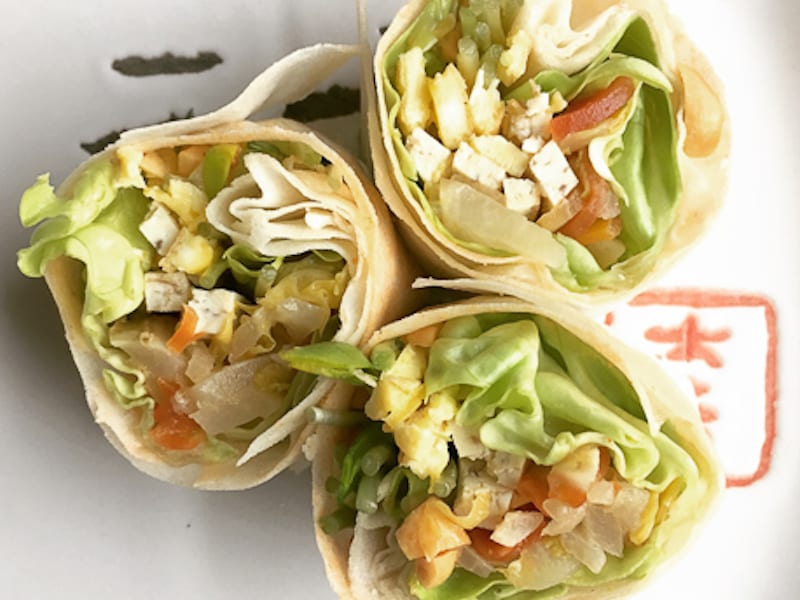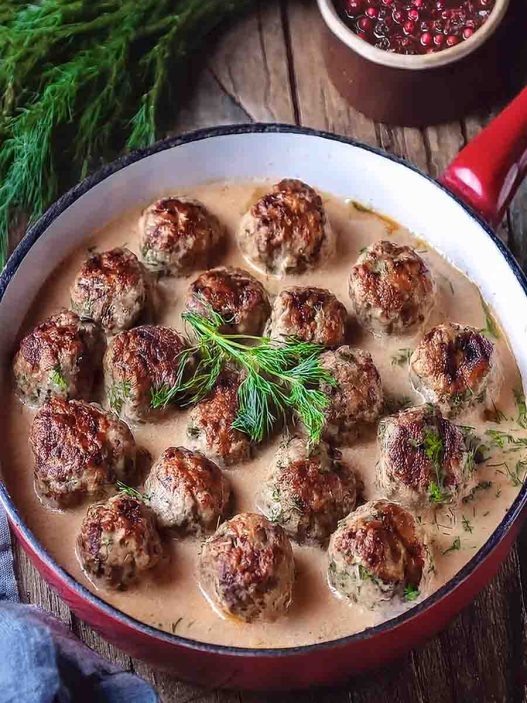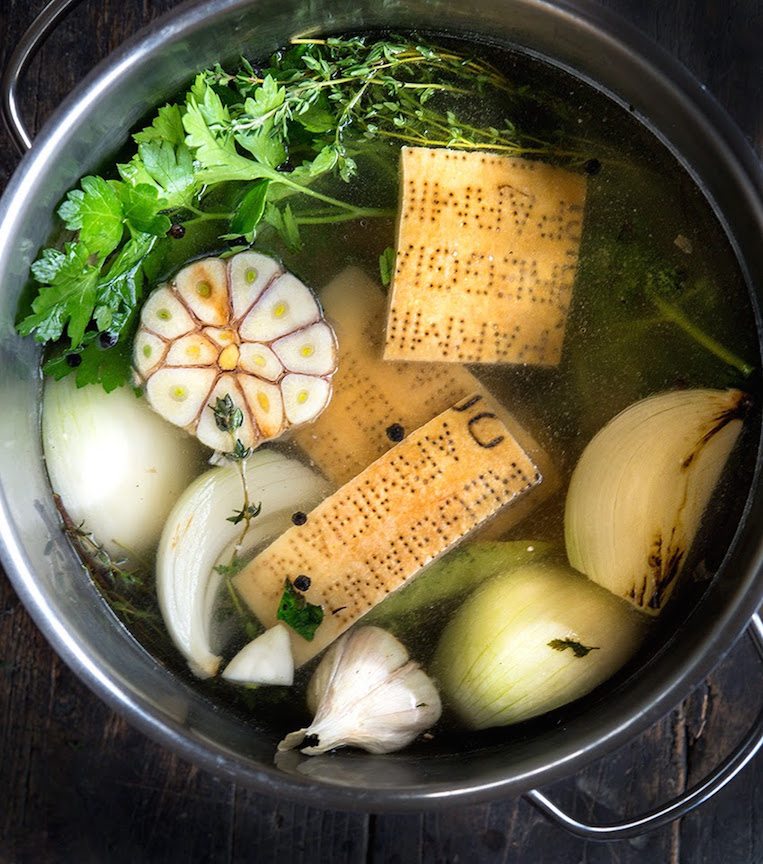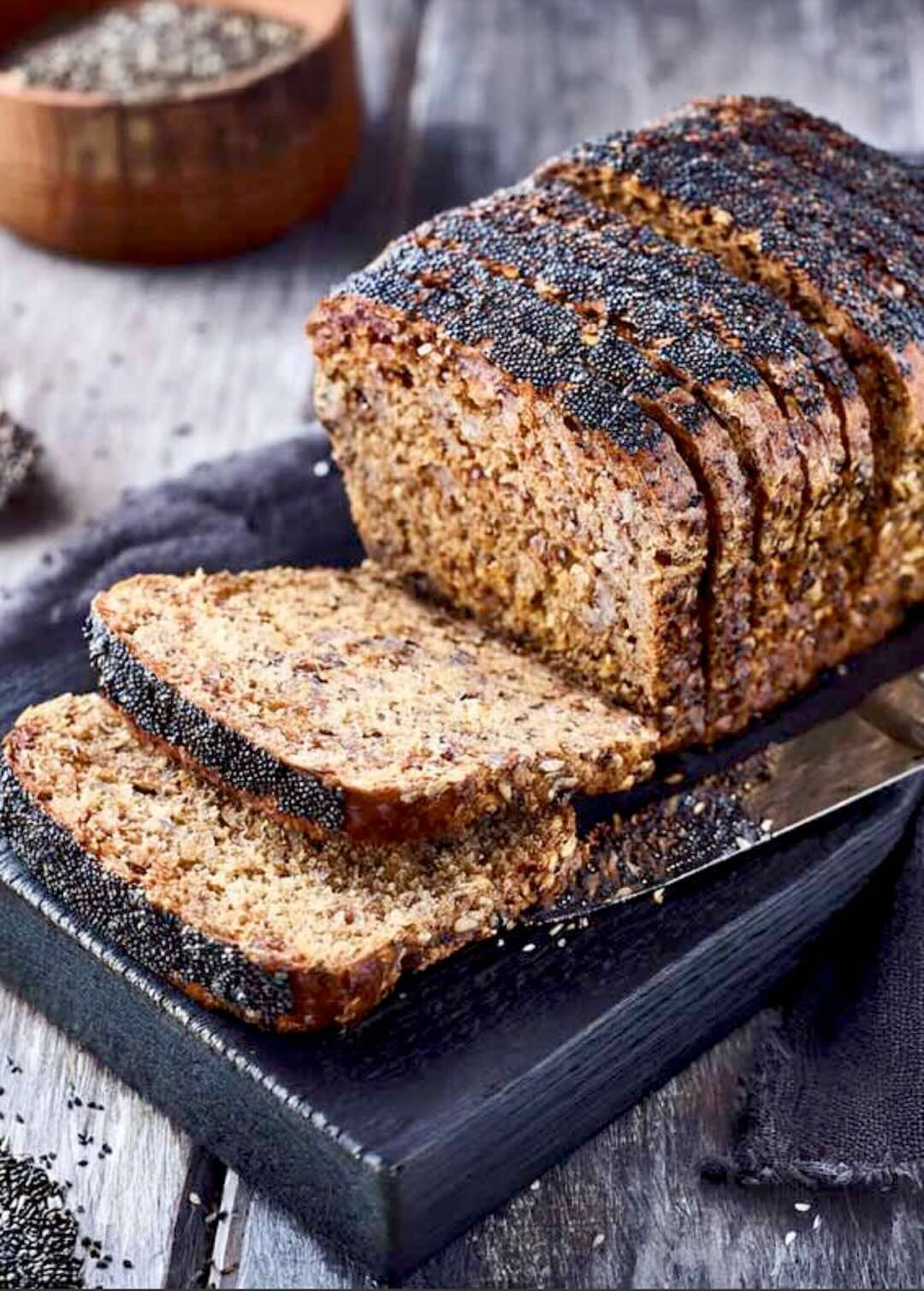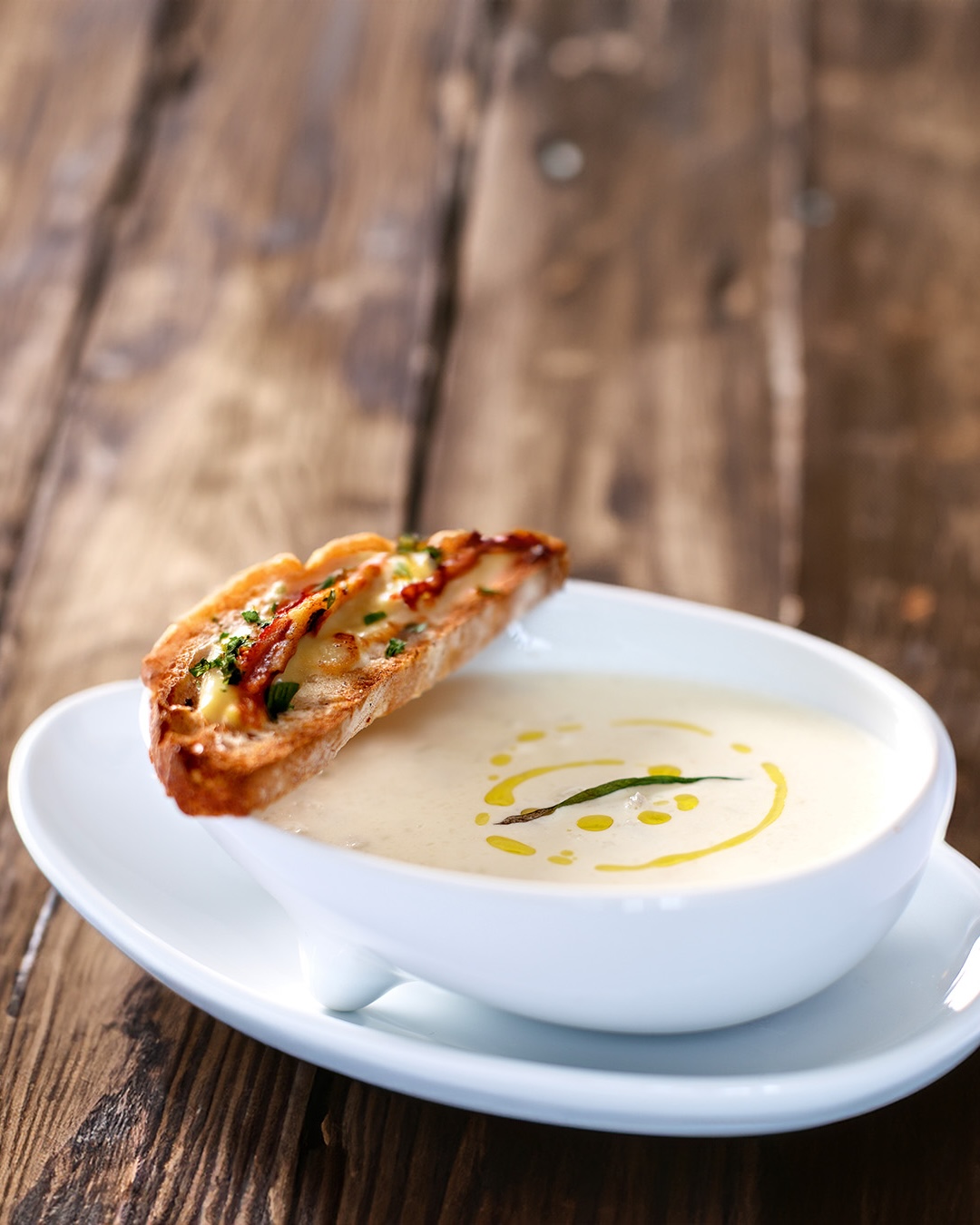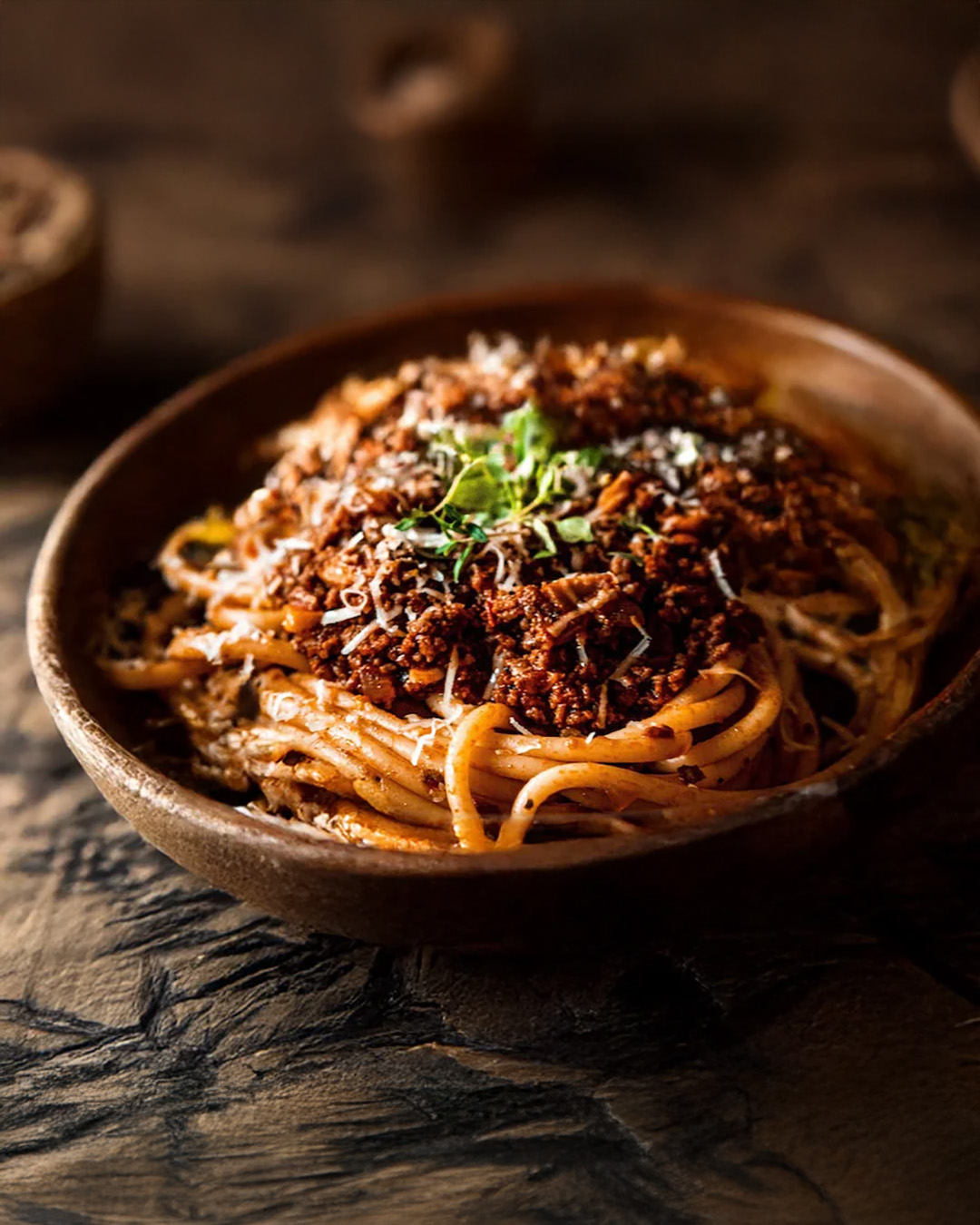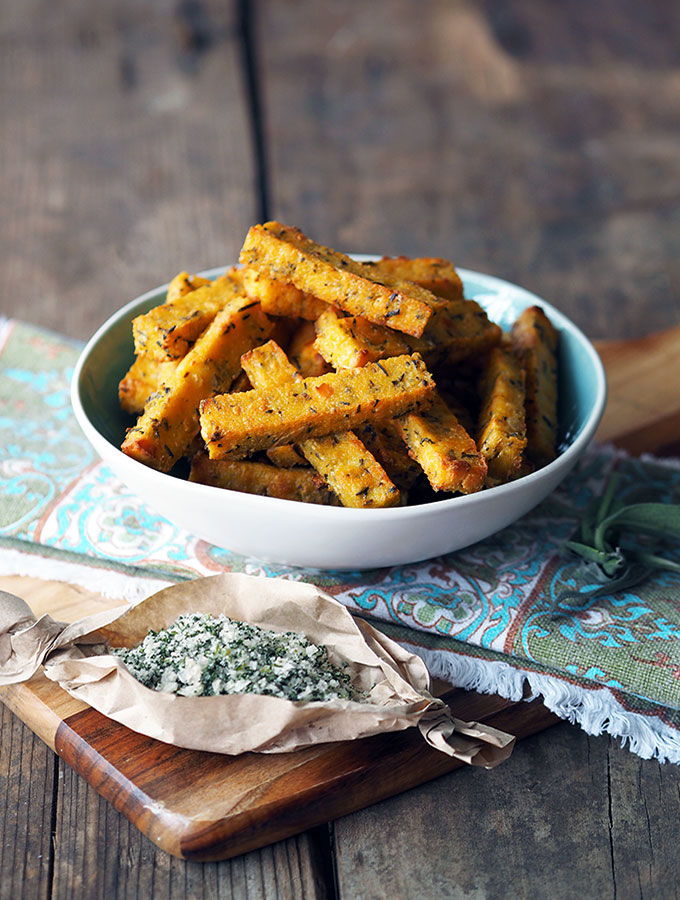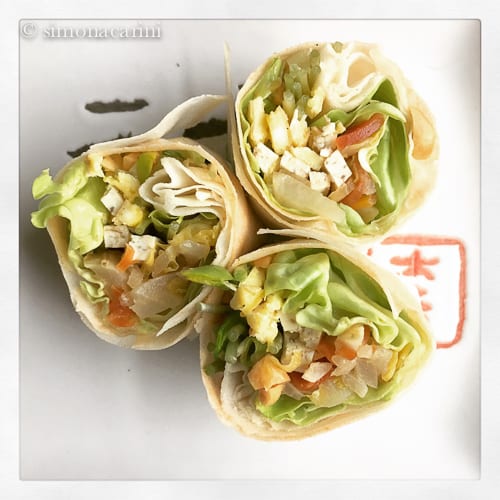
I read Crazy Rich Asians1 by Kevin Kwan, the current selection of the Cook the Books club, in just a few days. It is a modern version of a Victorian novel set mostly in Asia, particularly the island state of Singapore.
When Rachel and Nick, the protagonists, arrive in Singapore, they are greeted by Nick’s bet friend, Colin, and his fiancée, Araminta. Together, they go to eat at one of Singapore’s hawker centers. I have never been to Singapore, but I learned about hawker centers and the characteristics of Singaporean food thanks to the paper Lucey Bowen wrote for the 2017 Oxford Food Symposium: “Singapore: Landscape of Loss, Cuisine of Comfort.” I was therefore not surprised by the heated discussion that erupts among the friends when deciding where to go to offer Rachel her first taste of Singaporean food.
Fittingly, the novel ends with another heated discussion about the same topic, this time between Nick and Peik Lin, Rachel’s Singaporean college friend. Rachel’s mother is at a loss about the exchange, but Rachel reassures her: “Let them be, Mom. Let them be. This is just how they all are.”
The intensity of feelings reminded me of food discussions in Italy: food is at the heart of our identity. That is one reason why I approach preparing a dish from a different tradition with as much respect as I can, not only as a set of ingredients prepared in a certain way, but also as the celebration of a culture. I don’t have a baseline flavor nor an emotional connection to the dish: I know that what I create is a personal version, infused with the joy of discovery.
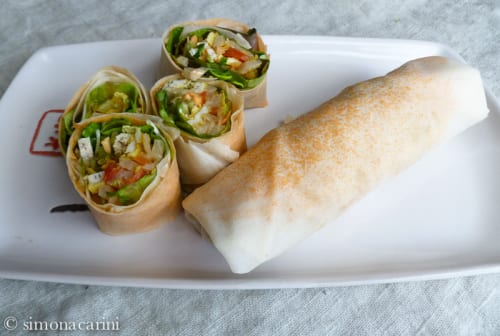
In reading about Singaporean dishes with a focus on vegetarian options2, I was taken by popiah, fresh spring rolls with jicama3, a dish whose preparation brings people together. As the rolls should be assembled and eaten right away, I imagined a group of friends around the table making popiah and eating while debating whose mother had the best recipe.
I had to make my own, right? I read a number of recipes for popiah filling and settled for something I knew I would like: lots of vegetables, eggs and tofu (tante verdure, uova e tofu). “The filling for this dish must have turnip (also known as jicama or yam bean). Beyond that, the choice of other ingredients is based on your personal preference.”5
The dish requires some investment of time, but you can prepare the various elements ahead and then place them on the table for the fun part: assembling, rolling and eating.
I made more vegetable filling than I needed, knowing that I could use it also in other ways (for example, I turned some of it into filling for a delicata squash). I made a smaller amount of other ingredients, knowing that my popiah-making party would be a party of one. Adjust the quantities to your needs and don’t worry about leftovers. It is more important to pay attention to some details I learned during my experience.
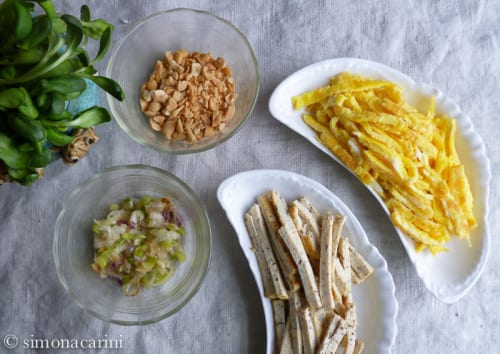
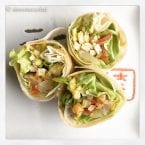
Popiah: Jicama Spring Rolls
- Total Time: 1 hour 40 minutes
- Yield: 4 to 6 servings 1x
Ingredients
- 12 popiah wrappers or Chinese spring roll wrappers or lumpia wrappers: choose ones that are labeled “paper thin”
- 12 ounces / 340 g jicama
- 5 ounces / 280 g carrots
- 5 ounces / 280 g Savoy cabbage (or green cabbage)
- 2 tablespoons extra-virgin olive oil
- 3 garlic cloves (minced)
- 2 tablespoons / 30 ml coconut milk
- 1/2 teaspoon fine sea salt (to season the vegetable filling)
- 2 eggs from pastured poultry
- 1 tablespoon / 15 ml water
- 1/8 teaspoon fine sea salt (to season the eggs)
- A pinch of freshly ground black pepper (to season the eggs)
- Extra-virgin olive oil and coconut oil
- Firm tofu
- One head of butter lettuce
- 4 spring onions
- 4 garlic cloves (minced)
- Sunflowers sprouts
- A handful of peanuts (roasted and finely chopped)
- Chili sauce
Instructions
Prepare the filling
- Peel the jicama with a potato peeler. Slice each half thinly then cut into matchsticks. One of the recipes I consulted3 prefers this method over shredding to preserve some texture and I agree.
- Note: when cutting the vegetables and other filling ingredients, keep in mind that while different textures are important, large or rigid pieces make the rolling difficult and may tear the wrapper.
- Scrape and rinse the carrot. If they are fresh and thin, halve them lengthwise then slice them into half moons. If they are large or not so fresh, grate them using the extra-coarse side of your grater.
- Quarter and thinly slice the cabbage.
- Warm up a wok over medium heat. Add the olive oil and, when warm, the garlic. Cook for 1 minute while stirring, then add the jicama. Stir well, then add the carrots, stir again, cover and turn down the heat. Cook on gentle heat, stirring now and then and making sure the vegetables do not stick to the bottom. Add a bit of water if they do. Here I depart from the original recipe in not adding liquid, so that then I don’t need to drain the filling.
- After 30 minutes, add the cabbage, then cover to let it wilt slightly. After 1 minute, uncover, stir, then pour the coconut milk, stir well, cover and continue cooking, stirring every now and then, until all the vegetables are tender. When ready, sprinkle the sea salt and stir well. Taste and adjust the salt to taste.
- Break the eggs in a small bowl and whisk them lightly with a fork until just blended. Add the water, then the salt and pepper and whisk briefly.
- Warm up a well oiled 10-inch / 25-cm skillet on medium heat. Pour the eggs slowly into the skillet and roll the skillet to spread evenly. Cook over low heat until the eggs are set. After the edge is set, run a spatula under it to ensure the bottom does not stick to the pan. When the top is set, flip the frittata and take the skillet off the heat. Transfer the frittata onto a plate. When cooled, roll it and cut into thin strips. Set aside.
- Warm up a bit of olive oil or coconut oil in a small skillet. Pan-fry a slice of the tofu on both sides until golden. Transfer onto a plate, then slice thinly and cut into matchsticks. Set aside.
- Wash and drain the lettuce leaves, then cut off the thickest portion of each leaf’s rib, for ease of rolling. Set aside.
- Cut off roots from spring onions, then thinly slice the white and light green portion (reserve the green top for another use). Warm up a small skillet, add a bit of oil and, when warm, the onions. Cook on gentle heat, while stirring, until tender (a few minutes). Set aside.
- Warm up the skillet again, add a bit of oil and, when warm, the garlic. Cook for 1-2 minutes while stirring until it smells aromatic. Set aside.
Assemble the popiah
- Place all the ingredients in suitable containers on the table.
- To make one roll, place one wrapper on a plate. If square, have a corner pointing at you. With a brush spread a thin layer of hot sauce on the central part of the wrapper. Spread a bit of fried garlic on the bottom half of the wrapper.
- Note: as you start layering the filling, restraint is required: or you will have difficulty rolling the popiah and the wrapper may tear. (If that happens, you can still eat it.)
- Layer the filling on the bottom half of the wrapper, close to the corner towards you. Place a lettuce leaf crosswise, then spread 2 tablespoons of vegetable filling on the lettuce. Place a few strands of frittata and of tofu, some sprouts, all crosswise, top with a sprinkling of the spring onions and peanuts.
- Fold the bottom corner towards the center, then the right and then the left to make an envelope shape. Fold the popiah starting from the side closest to you, gently tucking the filling, and rolling away from you.
- Bite into your roll or slice into quarters and eat.
Notes
Wrappers: You can make your own (I will do that next time). If you buy frozen lumpia wrappers, take them out of the freezer several hours before using them. I was able to separate what I needed so did not have to thaw the whole package. Keep them in a sealed bag so they don’t dry out.
Butter lettuce: I chose this type of lettuce for its larger leaves and thinner ribs.
Sprouts: the recipe calls for bean sprouts tailed and blanched. I bought fresh sprouts at the farmers’ market, a first for me. They were so fresh and tender (the vendor harvested them in front of my eyes!) that I used them as is. She did not have bean sprouts, but had pea sprouts. However, my tasting made me opt for sunflower sprouts.
Firm tofu: I bought some baked mushroom tofu, already cut into (approximately) 3.5 x 3.5 inches slices 1/2 inch thick (9 x 9 cm slices 1.25 cm thick)..
Spring onions: rather than shallots (in the original recipe: sliced and fried crisp), I used spring onions, which are in season now and available at the farmers’ market.
Sauces: I used hot sauce I had and forwent sweet sauce: I stay away from anything that has sugar as a main ingredient. Also, carrots are sweet and I used some coconut milk in the filling.
- Prep Time: 30 minutes
- Cook Time: 1 hour 10 minutes


